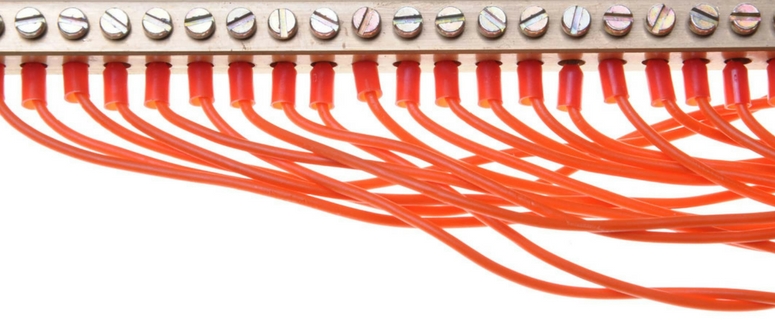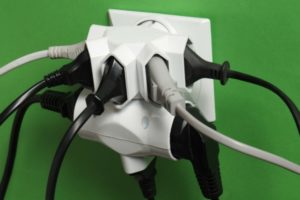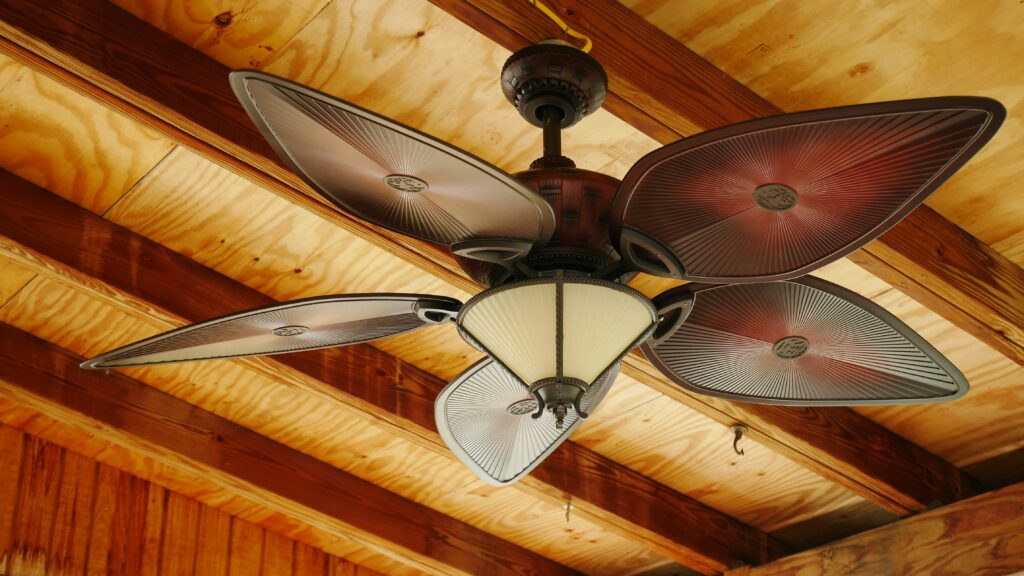Better Electrical Safety Practices Can Save Your Life – Here’s How

If there is one thing at home we often take for granted, it would be electricity and safety. With the number of electrical devices that run simultaneously in the house at any given hour, it is worth looking at some safety tips that could save you from some shocking mishaps.
When it comes to electrical system safety, common sense prevails, always.
Lower Your DIY Experiments

So you’re a handyman in New Haven, IN, huh? Decided to give rewiring the basement a go solo? Or trying something new?
Whether you think you know your stuff or not, electricians are trained to put safety first and tend only to use tactics that are practiced and proven.
So for the DIY’er, going all Thomas Edison in your home is not putting safety at the highest priority. If you’re determined to experiment, at least consult with an experienced electrician before you find yourself playing chicken with an electrical current. Spoiler alert, the electricity wins every time.
Check Your Appliances’ Plugs & Wires

Some appliances and devices in the home are so taken for granted; you may never think about even turning them off. A home theater may have a sleep mode, but it is still receiving power and plugged into the wall outlet.
Your dishwasher may be another example. These and other things in your home that are plugged into outlets may become worn and damaged over time. At least 2 to 3 times a year, give your home a proper inspection.
Check wall sockets on every floor, look for frayed wires and cables. Also, evaluate areas that are subject to frequent plugging and unplugging. Consider getting a power bar to replace that cheap multi-outlet. Another good idea is replacing outlets in the bathroom and kitchen with ones that have built-in surge protection. You’ll sleep better knowing they are installed.
Make Sure Water Does Not Come in Contact With Electricity

Keeping water away from electrical devices should be an obvious safety tip. You’d be surprised at just how careless people can be.
Water may conduct electricity, but the water itself is not an electrical conductor. The impurities that are in the water are what makes it dangerous when in contact with an electrical current.
Be smart and use common sense around the house. Install GFCI outlets where water is in use often like the bathroom and kitchen. Never use power strips outside that were made only for indoor use. They were not designed to be exposed to the elements. Do not go drilling into aluminum siding during or just after a rainfall. Just keep common sense and never take any unnecessary risks.
Recent Posts
Recent Posts
Request Service
Fill out the form below, and we’ll contact you soon to schedule your home service appointment.
Request Service


Enroll in Our Peace of Mind Agreement
Routine Heating & Cooling
Maintenance Guaranteed
- Two system checks each year
- Priority service
- No overtime charges
- Product and service discounts








